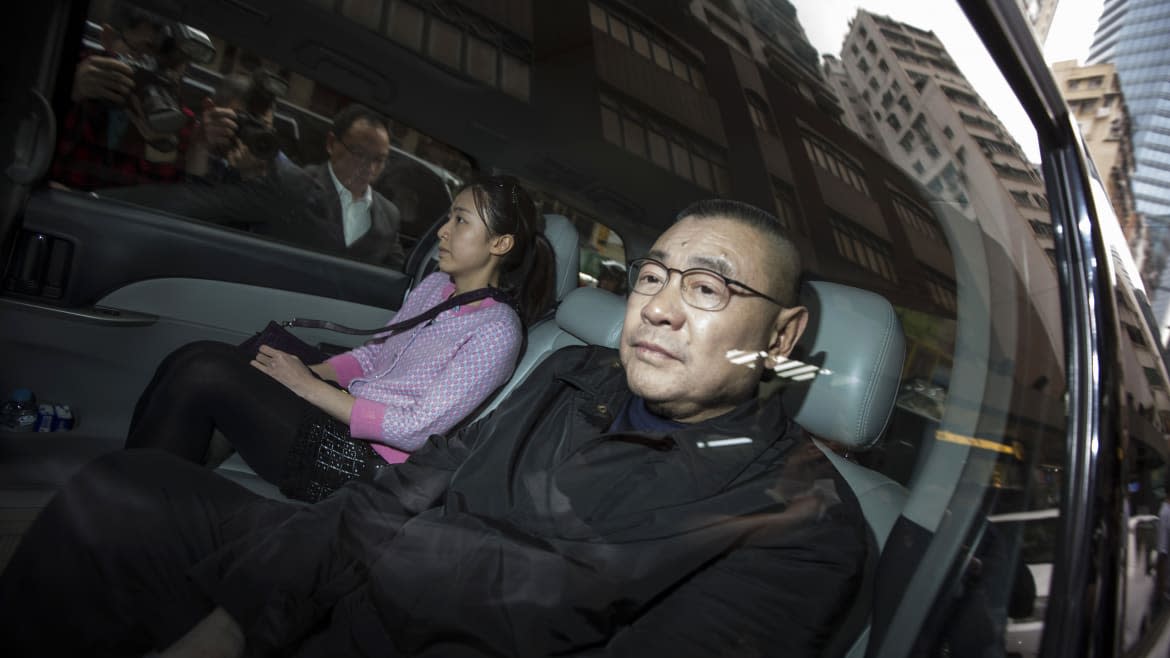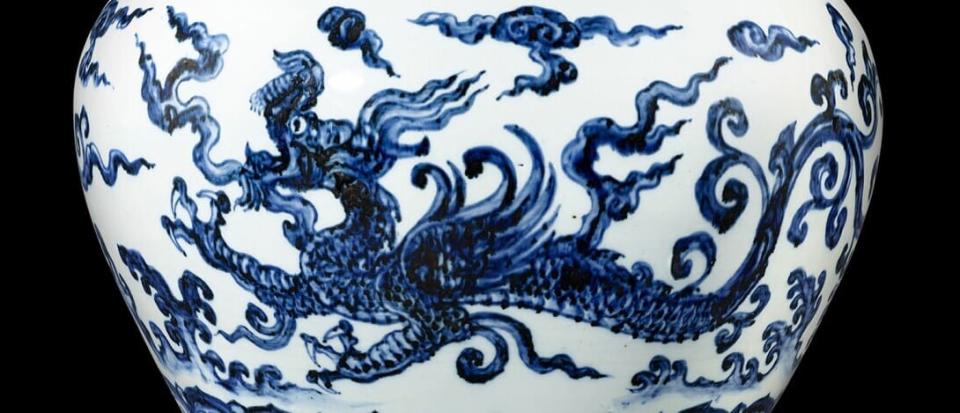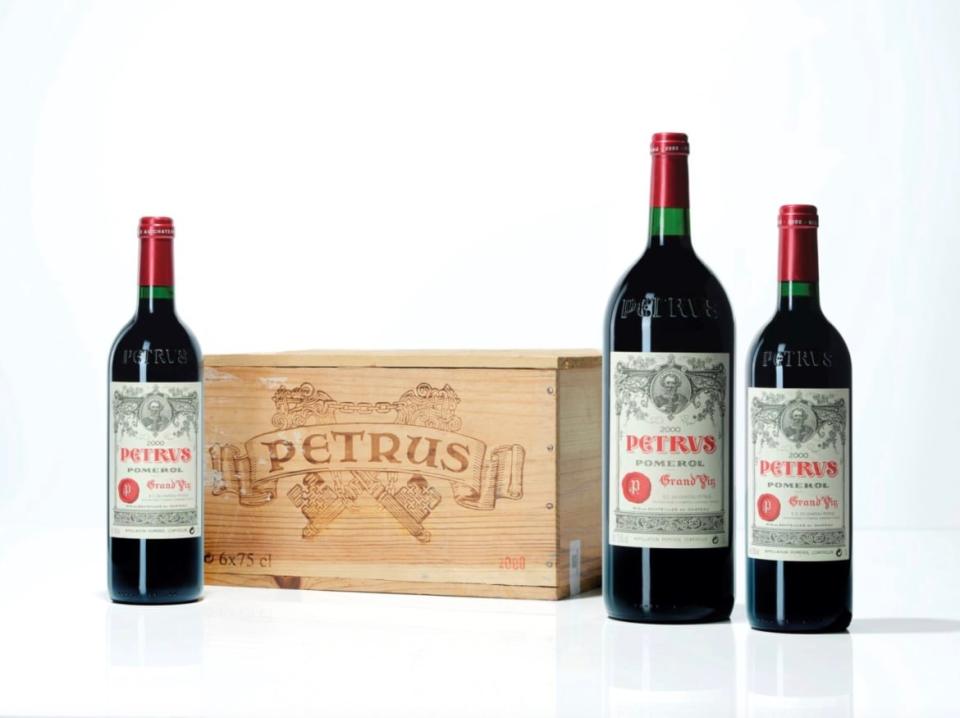How Is This Fugitive Billionaire Able to Sell $20M of Art and Wine?

- Oops!Something went wrong.Please try again later.
Hong Kong billionaire Joseph Lau is technically on the lam, but that won’t stop him from cashing in when Sotheby’s auctions off millions of dollars worth of his porcelain next month.
Lau will offload eight pieces from his collection dating to the Ming and Qing dynasties, according to sources cited by the South China Morning Post. Earlier this month, news broke that the billionaire would separately sell $3 million worth of rare wine at Christie’s.
Lau was convicted in Macau in 2014 of money laundering and bribery; he was sentenced in absentia to more than five years in jail. The 70-year-old tycoon lives in Hong Kong, which doesn’t have an extradition agreement with Macau, allowing him to dodge the sentence.
The upcoming auctions raise questions about how a billionaire fugitive could still participate in the highest echelon of luxury commerce—and whether the auction houses have chosen to overlook his sordid past.
Erin Thompson, an associate professor of art crime at the John Jay College of Criminal Justice, said that auction companies already have a reputation for dealing with shady sellers.
“They don't make money if they refuse to work with someone,” she wrote in an email to The Daily Beast. “Auction houses have successfully lobbied to avoid regulatory oversight, arguing we should trust them to scrutinize themselves.”

One of eight porcelain pieces Lau is selling through Sotheby’s.
Thompson noted that some auction companies “have accepted laughably false provenance documentation from consigners” and ended up selling looted or fake pieces of art.
There is no indication that Lau’s items were acquired improperly, though his legal troubles could pose a reputational risk for the firms.
Lau was convicted of bribing a Macau government official with more than $2 million in 2005 to help win access to valuable land close to the airport. He resigned as chairman of his publicly traded real estate group, Chinese Estates Holdings Limited, amid the legal turmoil in 2014, handing the reins to his son. Lau appealed the guilty verdict but lost in 2015.
Meanwhile, the billionaire continued to indulge. That same year he spent $48 million to buy his 7-year-old daughter a massive 16-carat diamond. In 2020, he anonymously sold a David Hockney painting, “The Splash,” for roughly $30 million.
It is no surprise that auction houses have continued to work with Lau, said retired FBI agent Robert Wittman, who founded the bureau’s National Art Crime Team, according to his personal biography.
“Sotheby's and Christie's, and they'll be the first to tell you, they're in the business of buying and selling. They’re not in the business of law enforcement,” he said. “Whether or not it’s moral… that's a decision for the buyer and seller.”
Sotheby’s and Lau’s company did not respond to requests for comment. After this story published, a spokesperson for Christie’s said that the company conducts due diligence on its sellers and complies with all laws. She did not specifically respond to a question about Lau.

Lau is selling $3 million worth of rare wine at Christie’s.
Auction houses do typically operate with a code of conduct, and Sotheby's code contains anti-money laundering, anti-corruption, and other due diligence provisions. U.S. federal regulations also prevent firms from doing business with individuals on sanctions list.
Amelia Brankov, an art lawyer based in New York, said that auction houses may be reluctant to block a buyer or seller who isn’t currently breaking the law.
“Just because a person has been convicted of a crime doesn't mean that they cannot otherwise transact for legitimate purposes…[such as] sell their property or own a home or purchase a meal,” she said.
She added that a conviction does not necessarily mean a person is truly guilty, citing politically motivated charges as one example. “There's no one-size-fits-all answer,” she said.
Close to a decade after his initial conviction, Lau remains stuck in the headlines, and not just for his eight-figure dealmaking. Shares of Chinese Estates, now controlled by his wife, have slumped dramatically, and the company reportedly lost $447 million last year.
In selling off small pieces of his collection, Lau may be trying to stockpile cash. But with an estimated net worth of $13.6 billion, according to Forbes, the latest deals will merely be pocket change.
Get the Daily Beast's biggest scoops and scandals delivered right to your inbox. Sign up now.
Stay informed and gain unlimited access to the Daily Beast's unmatched reporting. Subscribe now.

